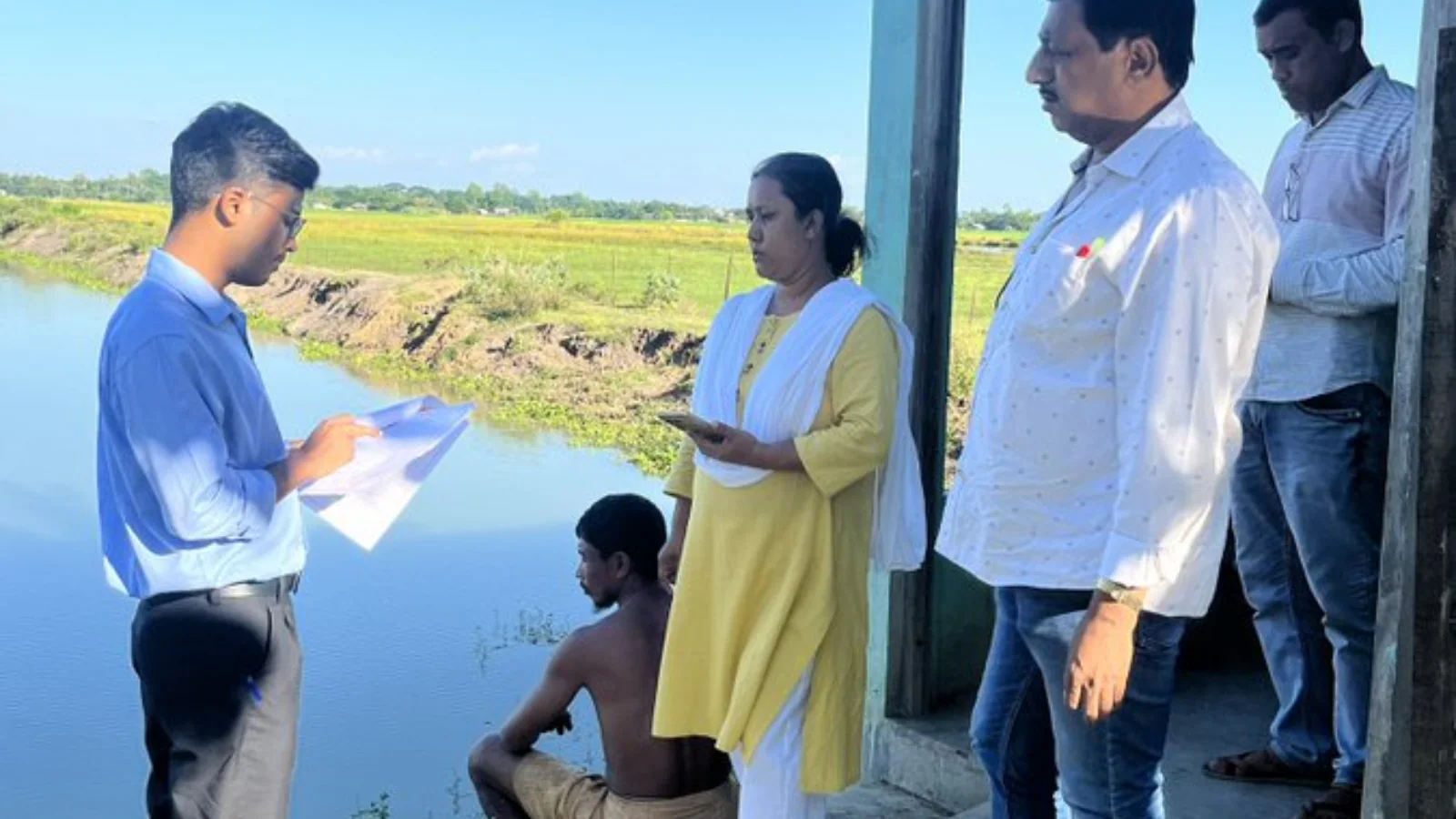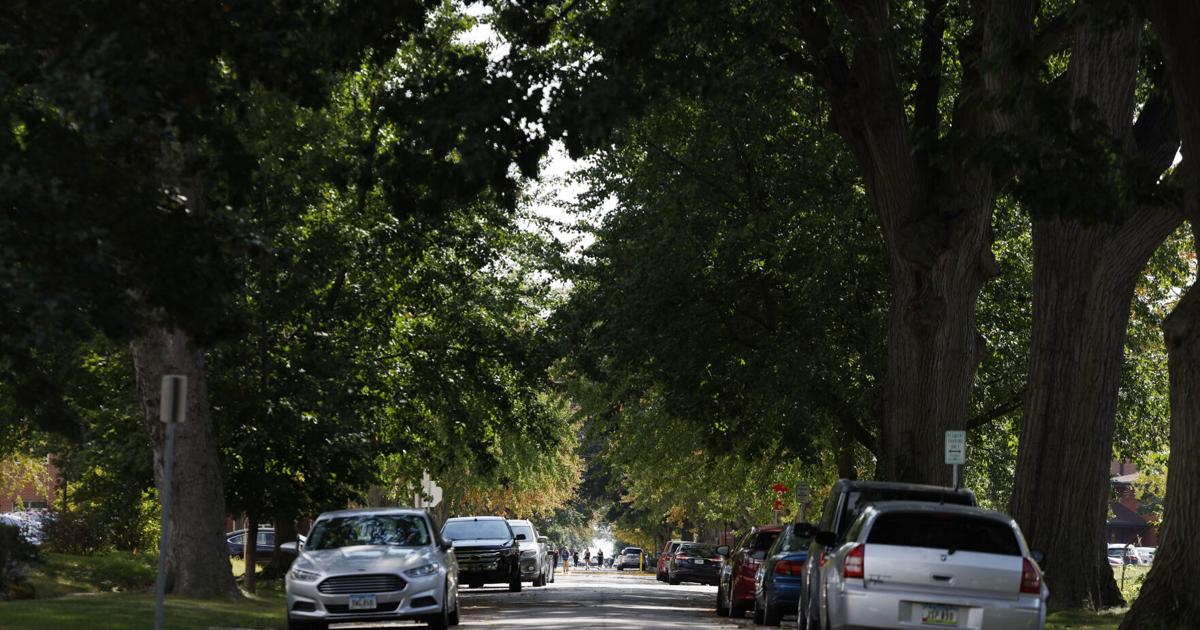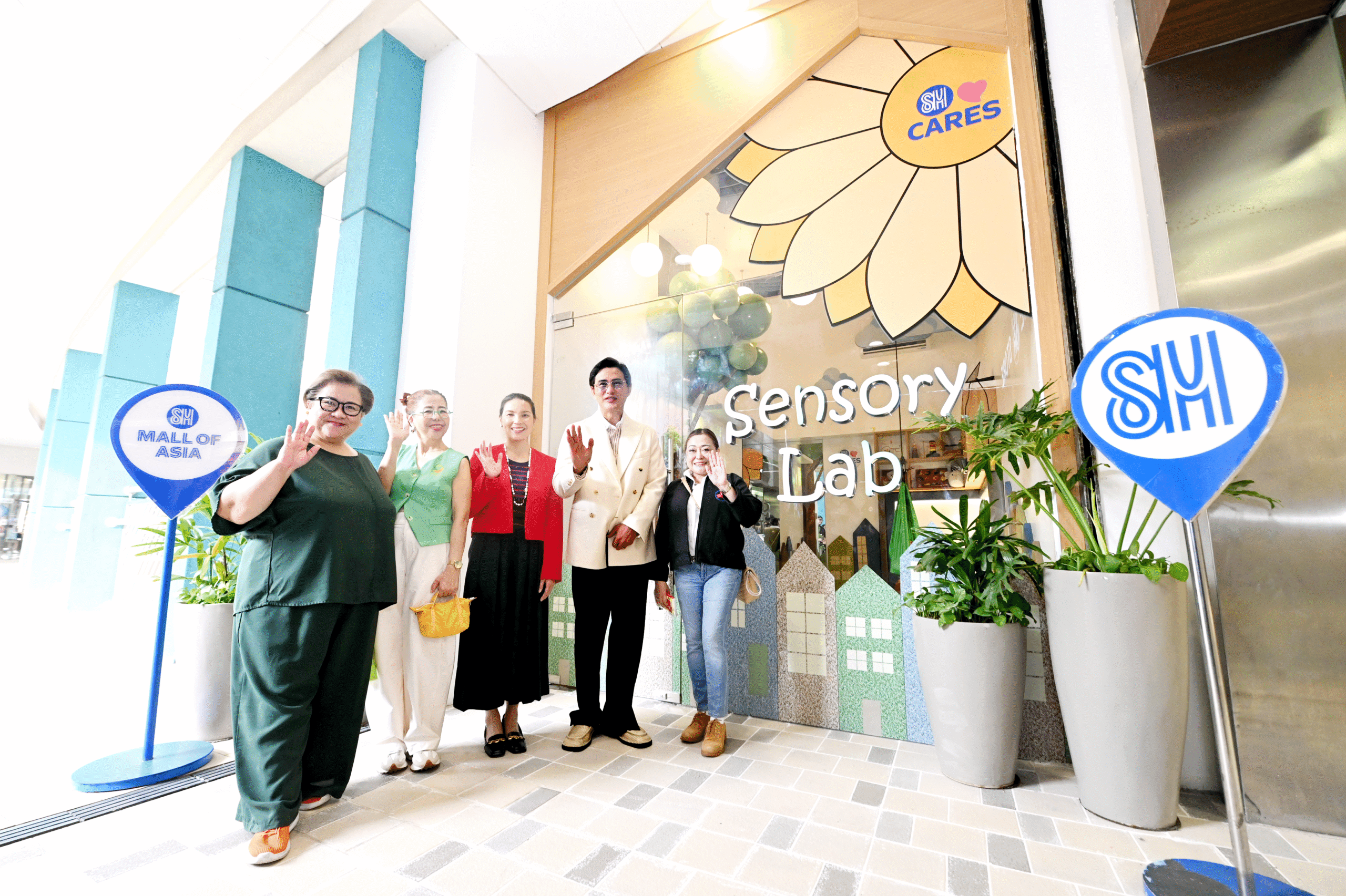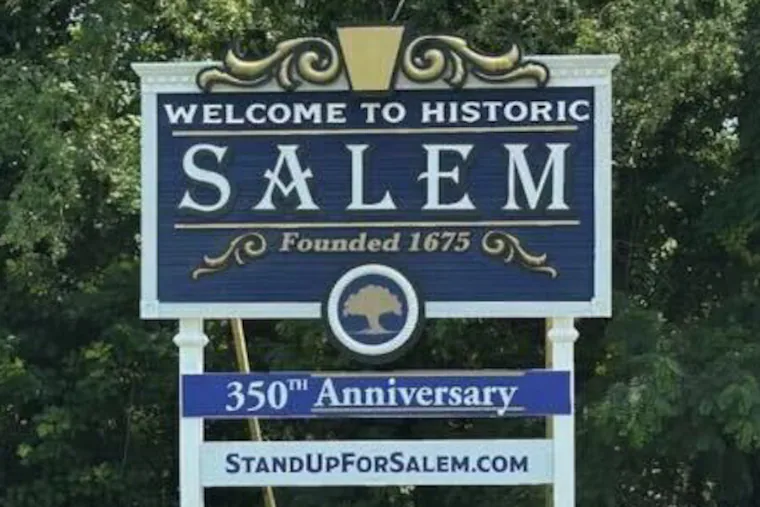By News18,Shobhit Gupta
Copyright news18

A civil servant in Assam has gained netizens’ attention after he shared a picture of himself inspecting a group of Mahatma Gandhi National Rural Employment Guarantee Scheme (MGNREGA) workers.
In a post on X, Rubu Borah, a civil servant, shared his “full-circle moment”, saying that he inspected the scheme under which his father once toiled in the fields.
“Full circle! Once my father was an MGNREGA worker. Now I’m humbled to inspect MGNREGA works as a civil servant. Grateful!” he said while sharing the picture on X.
Full circle!
Once my father was an MGNREGA worker. Now I’m humbled to inspect MGNREGA works as a civil servant.
Grateful ! pic.twitter.com/ydM0UlSaLP
— Rubu Borah (@_RubuBorah) September 27, 2025
Borah secured the 14th rank in the Assam Civil Service (ACS) examination. Originally from Bishwanath district, Assam, he is also an educator.
Netizens React
As the post went viral, netizens lauded Borah for his achievement and advised him to stay rooted to the ground.
“Loved this. Wishing you the best always, Rubu,” said a user, while another added, “What a journey.”
“There is no better sight than this. So good to see that you have not let your father’s hard work go in vain. You are an inspiration for the youth, Rubu. Lead from the front and help as many as you can. My best wishes!” said one of the users.
Another user wrote, “Among all hatred, politics, war, greed, corruption, many people still work hard and achieve their aims. They fulfil their dreams and create memorable moments with their families. Everyone should aim for this.”
All About MGNREGA
The Mahatma Gandhi National Rural Employment Guarantee Act (MGNREGA), enacted in 2005, is a landmark social security initiative by the Government of India aimed at enhancing the livelihood security of rural households.
It guarantees 100 days of wage employment per financial year to every rural household whose adult members volunteer to do unskilled manual work.
The program focuses on the creation of durable rural assets like roads, canals, ponds, and wells, while also promoting social inclusion and empowering marginalized communities.



